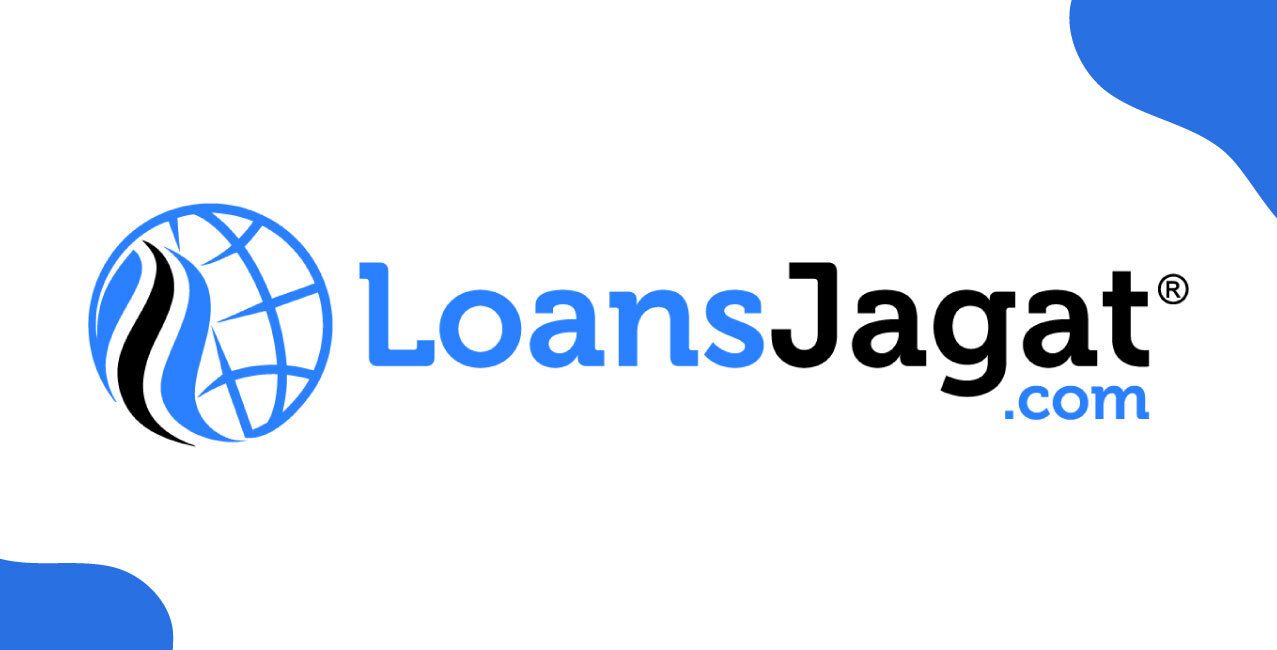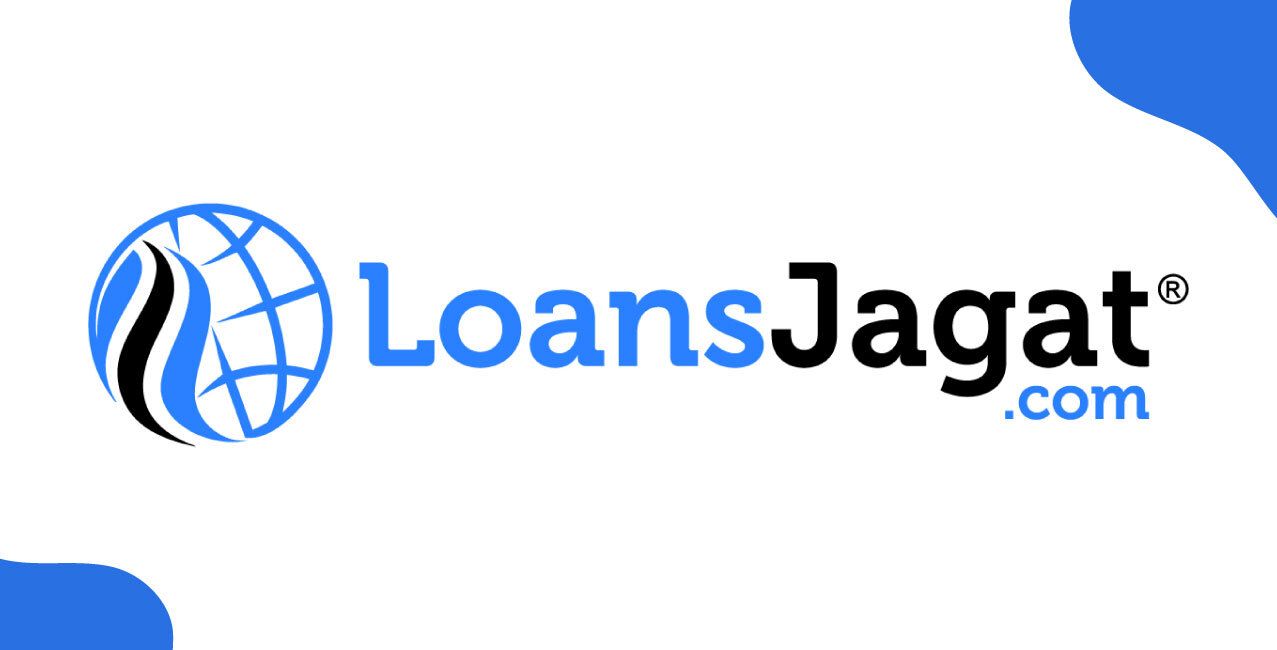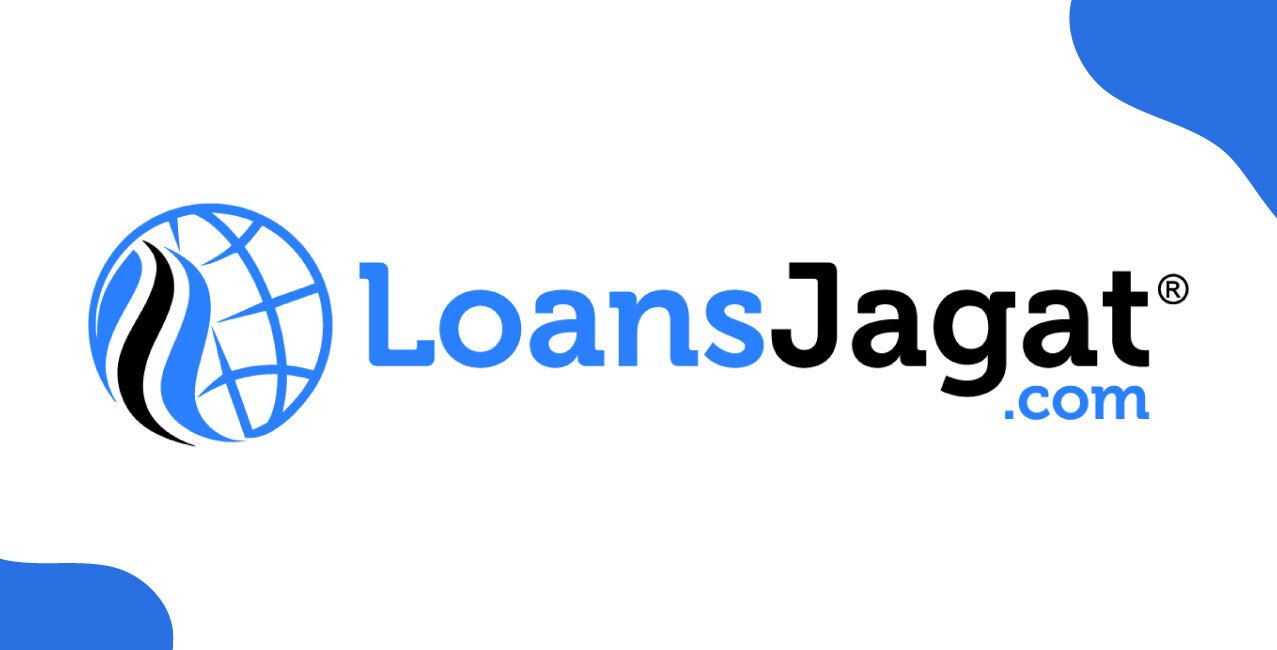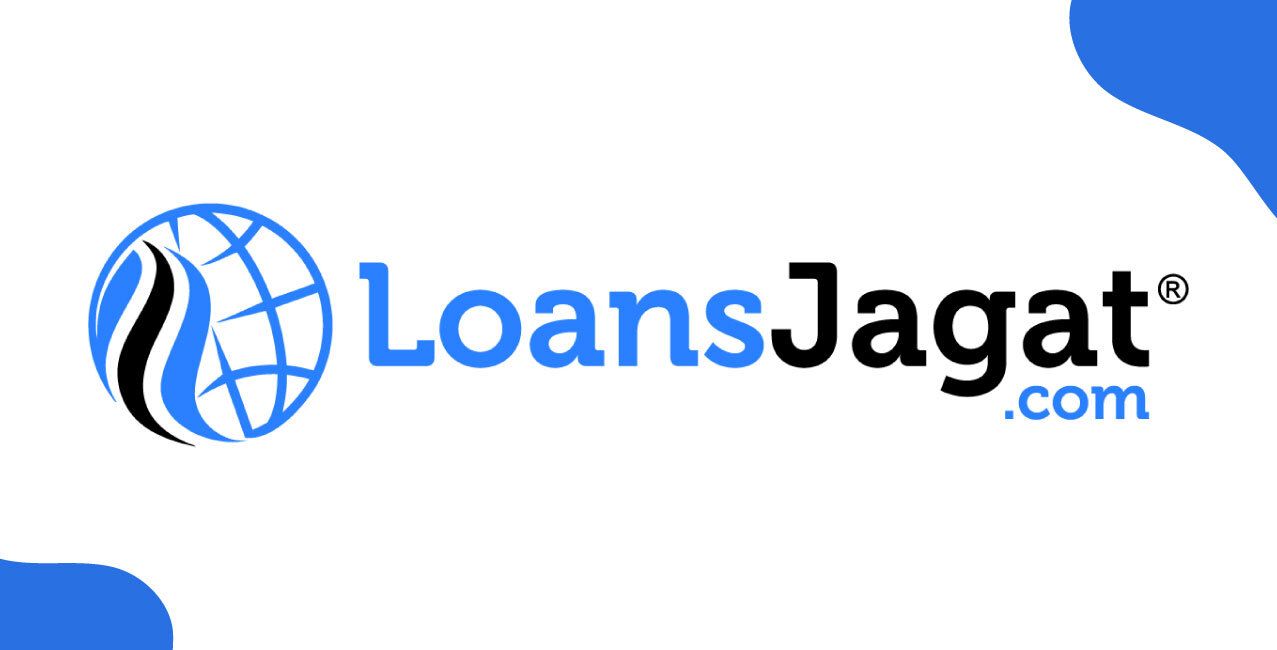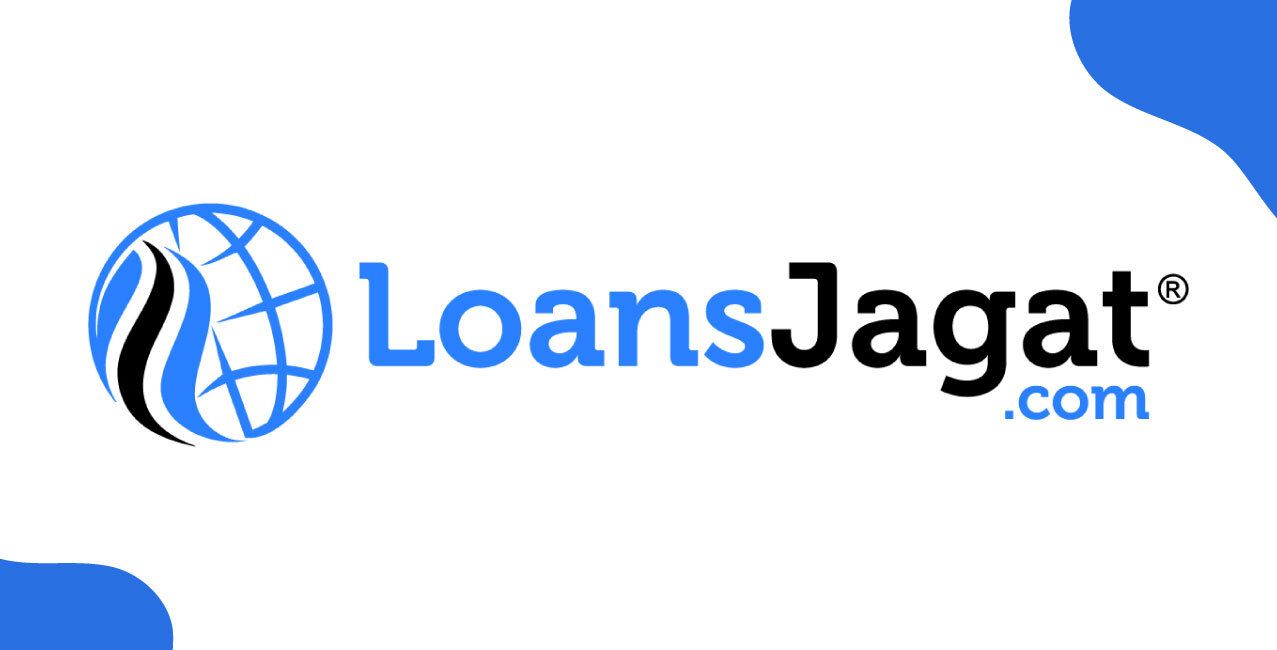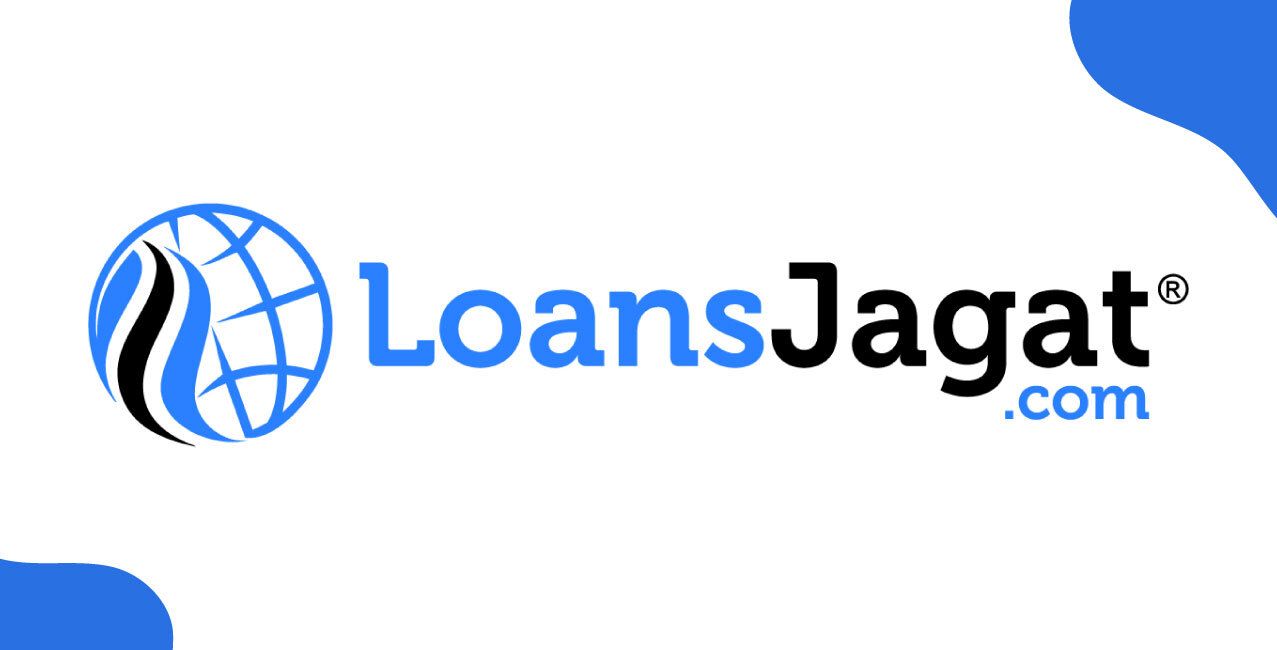How Conflict-Induced Defaults Haunt Businesses For Years?
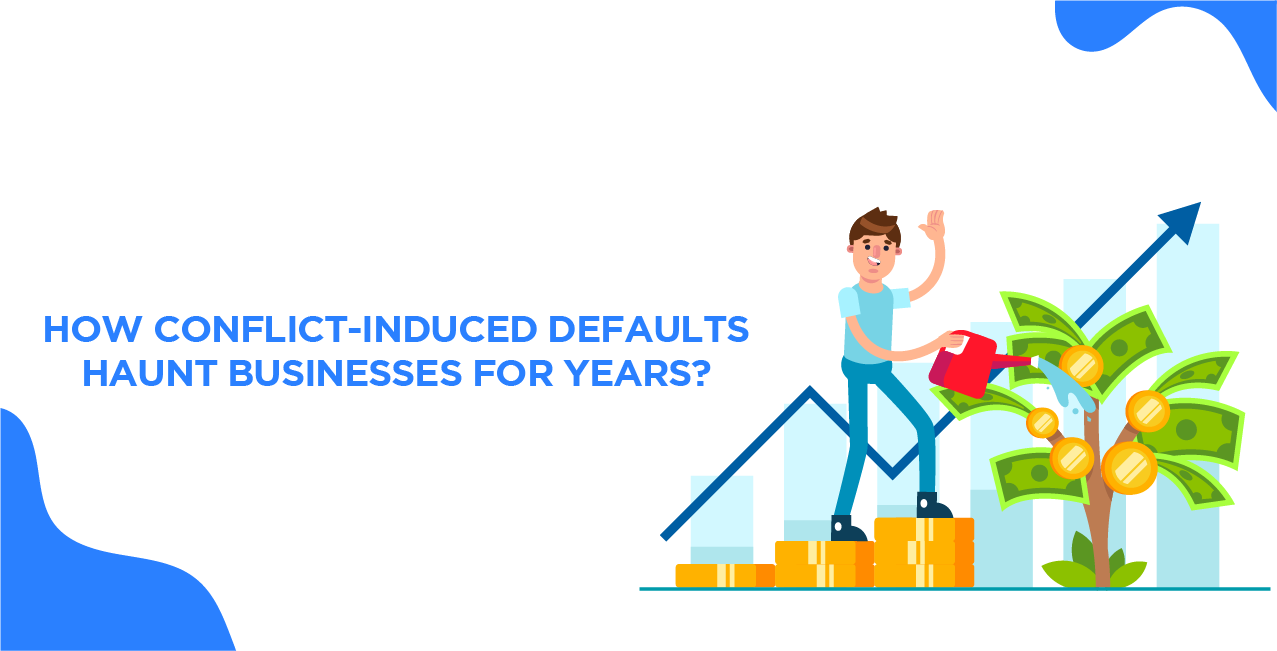
Check Your Loan Eligibility Now
By continuing, you agree to LoansJagat's Credit Report Terms of Use, Terms and Conditions, Privacy Policy, and authorize contact via Call, SMS, Email, or WhatsApp
Jitesh runs a small logistics company in Gujarat. Recently, he defaulted on a ₹2.4 crore loan just three months after border tensions disrupted its delivery network.
The fuel cost increased, trucks were delayed at the checkpoint, and clients paused payments, all leading to no money and no stock left with Jitesh.
Even though the countries talked about peace, the damage to the company’s finances was already done.
In 2023, a public sector company defaulted on a loan worth ₹8,300 crore after political tension in the region disrupted operations.
At the same time, several tech and retail startups experienced delayed payments, and EMI default rates increased by more than 18 per cent.
These are just a few examples of conflict-induced defaults that have haunted businesses for years. In this blog, we will see how wars and border tensions continue to hurt businesses long after the crisis appears to be over.
Why Do Conflicts Lead To Payment Delays And Defaults?
Even the slightest tension at the borders or inside the country can increase the prices of raw materials and transport.
Companies dependent on regular cash flow or borrowings struggle to manage these extra costs.
Type of Conflict | Situation Faced by Businesses | Example Impact |
Disputes on Border | Hurdles in exports and imports | +12% transport costs |
Crash of Stock Market | Loss in valuation | 20 to 25% drop in 7 days |
Political Unrest | Payment hold-ups | Delays of 2 to 4 months |
Digital Attacks | Failures of websites and systems | Temporary closures |
Repayment of loans can be impacted by even a short-term disturbance. For small and medium-size companies, just one month without income can lead to payment delays and defaults.
Loan Repayment Takes Years To Stabilize
If your business misses repayments then lenders become cautious. Your bank might increase its rate of interest or stop new loans.
Even if the condition of your business improves later, it will take you years to rebuild that lost trust.
Year of Tension | Recovery Time | Loan Default Size (₹ crore) |
1999 | 3 to 4 years | 9,800 |
2001 | More than 4 years | 12,000 |
2016 | 3 to 4 years | 15,300 |
2024 (expected) | More than 5 years | 21,000 |
Which Sectors Suffer The Most?
Read More – What is General Insurance?
Most of the owners of small businesses take personal loans or borrow from informal sources. If a buyer of such a business delays payments, they face repayment issues.
Sector | Level of Risk | Recovery Time | Rise in Defaults |
Very High | 5 to 7 years | +30% | |
Logistics | High | More than 6 years | +33% |
IT Services | Moderate | 3 to 5 years | +18% |
Small Retail | High | 2 to 4 years | +20% |
Subprime Loans Turn Into Traps
Generally, individuals or businesses who are not qualified for regular loans go for subprime loans. Usually, these types of loans are unsecured.
Demand for such loans has grown rapidly in the last five years, particularly among startups and retail borrowers.
However, once conflict hits, it becomes difficult for you to repay the loan. And once the repayment stops, it becomes almost impossible to recover the full amount.
Years | Loans Issued (₹ crore) | Rate of Default | Conflict Effect |
2020 | 7,000 | 6% | No major impact |
2021 | 12,500 | 9% | Political tension |
2022 | 25,000 | 11% | Increased pressure |
2023 | 1,58,000 | 20% | Military disruption |
2024 | 1,60,000 | 25% (estimated) | Trade restrictions |
Real Estate Faces Funding Problems
If you have a real estate business then you might need a loan for land, construction, and marketing.
Sometimes buyers hold back due to uncertainty, in such cases your projects will slow down and repayments will get delayed.
Also Read - Insurance Strategies for Businesses Operating in High-Risk Areas
If the demand for home loans decreases, then it might affect your business's cash flow.
Year | Home Loans (₹ crore) | EMI Delays (%) | Reason |
2019 | 98,000 | 3% | Normal Demand |
2020 | 72,000 | 5% | Pandemic |
2022 | 88,000 | 6% | Low buyer confidence |
2024 | 59,000 | 11% | Fear of conflict |
Startups Lose Cash And Credit
Most of the startups raise money from investors or take working capital loans. During any conflict or slowdown, investors turn cautious and credit becomes expensive.
In 2024, over 1,000 crore worth of startup loans were reported overdue. Many of these startups were not able to pay salaries and vendor bills for months.
Stage | Monthly Spending (₹ lakh) | Drop in Revenue | Default Risk |
New Startup | 20 to 30 | 35 to 40% | High |
Mid-Stage | 80 to 100 | 20 to 30% | Medium |
Large Scale | More than 200 | 10 to 15% | Moderate |
Final Thoughts
Your business's finances might be affected by conflicts for years. Each repayment missed by you will leave a lasting mark on your business health.
You need to plan your business activities by keeping such uncertainties in your mind. You have to make sure that your business has war-risk insurance, backup cash, and low-debt growth models.
The earlier your business will prepare for such risks, the better you will be able to long-term damages.
None of us can predict a conflict, but we can prepare our business for its financial impact. Recovery is possible after such situations, but sometimes it takes longer than expected.
FAQs
1. Which industries are most affected by the conflicts?
Real estate, small retail, logistics, and startups often face the biggest impact.
2. How long will recovery take after such defaults?
Usually 3 to 5 years, depending on the sector.
3. Does the government help solve the issue?
Yes, it does. But it often arrives too late.
4. Do small businesses have protection against such shocks?
No, most of the small businesses are not protected against such shocks.
About the author

LoansJagat Team
Contributor‘Simplify Finance for Everyone.’ This is the common goal of our team, as we try to explain any topic with relatable examples. From personal to business finance, managing EMIs to becoming debt-free, we do extensive research on each and every parameter, so you don’t have to. Scroll up and have a look at what 15+ years of experience in the BFSI sector looks like.
Subscribe Now
Related Blog Post
Recent Blogs
All Topics
Contents
Quick Apply Loan
Consolidate your debts into one easy EMI.
Takes less than 2 minutes. No paperwork.
10 Lakhs+
Trusted Customers
2000 Cr+
Loans Disbursed
4.7/5
Google Reviews
20+
Banks & NBFCs Offers
Other services mentioned in this article



